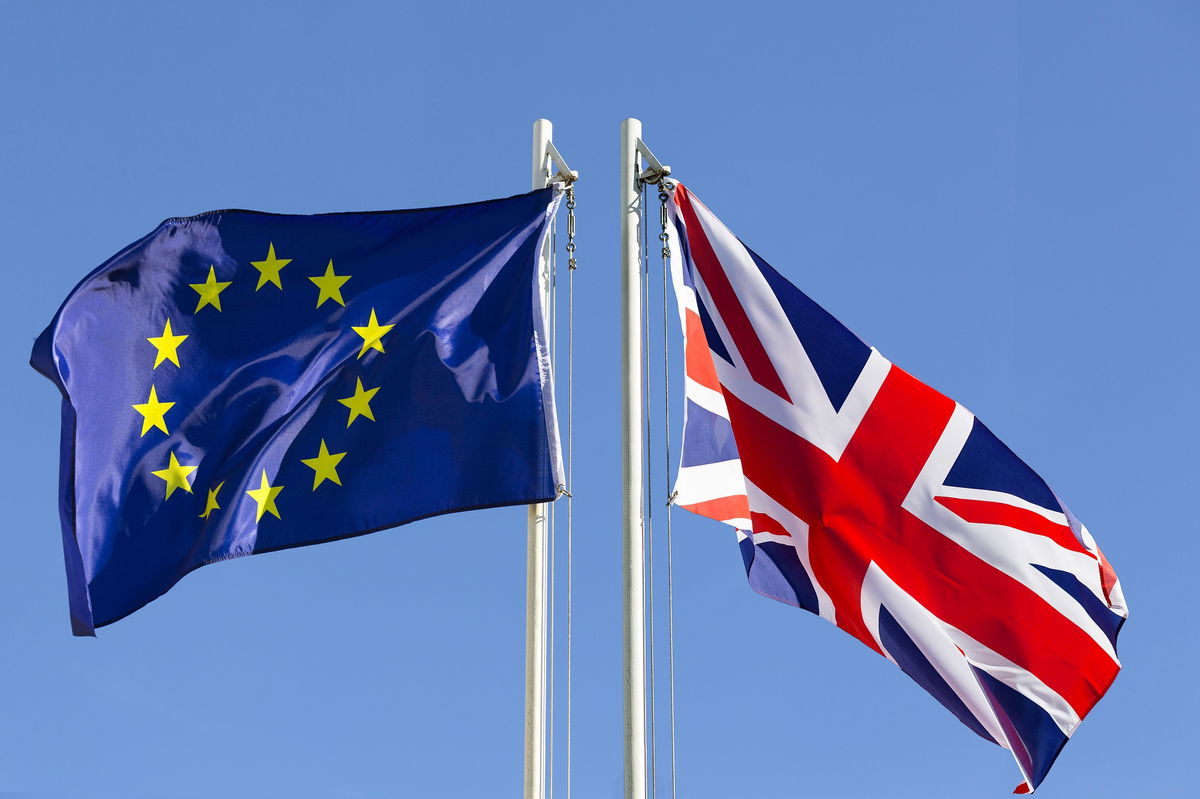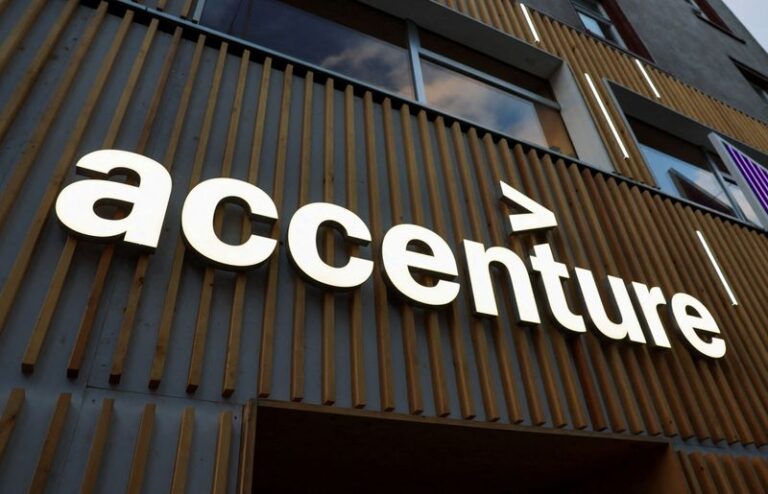
EU and the UK have signed unprecedented agreements | Photo: kb-photodesign/ Shutterstock
A landmark deal struck in Brussels on Monday is set to reshape how hundreds of millions of Britons and Europeans move, work, and live. The UK and EU unveiled an agreement that turns the page on years of Brexit-era friction and lays the foundation for a more practical, people-first relationship.
The new measures—ranging from e-Gate reinstatement to youth mobility—cut red tape, open doors, and restore a sense of ease that millions thought had been lost for good. The timing isn’t accidental. After nearly a decade of disrupted travel, stalled opportunities, and complicated bureaucracy, both sides had reason to act.
UK Prime Minister Keir Starmer, calling the agreement a “win-win,” made clear this wasn’t just about politics—it was about people. Some have hailed the agreements as a new chapter between the EU and the UK, a capitulation, surrender and humiliation by others.
E-gates for Brits in the EU in July
From July 1st, British travellers will once again be able to use e-Gates at major EU airports. A privilege scrapped post-Brexit, now reinstated. No more hour-long queues in Paris, no more holding pens in Amsterdam. The deal makes travelling smooth and efficient for the 60 million UK trips made by Brits each year.
Beyond travel, the agreement introduces a youth mobility scheme, allowing 18- to 30-year-olds from the UK and EU to live, work, and study across borders for up to two years. This initiative, impacting an estimated 300 million young people, revives opportunities stifled by Brexit’s end to free movement.
Pending parliamentary approvals, the scheme, set to launch in January 2026, will drive cultural exchange and fill labour gaps, with the UK’s Office for National Statistics noting 1.2 million EU-born workers in the UK in 2024.
Pets will benefit too!
Additional measures, like pet passports and streamlined visa processes, will make cross-border movement as easy as before Brexit. This deal restores practical benefits for the UK’s 67 million people and the EU’s 450 million, from hassle-free holidays to new job prospects, proving that cooperation can mend Brexit’s divides.
As Starmer put it, “This is about delivering for working people—making their lives easier and more prosperous.”
Travel industry optimistic, but cautious
The travel industry responded with cautious optimism. Airlines UK CEO Tim Alderslade welcomed the move as “a major relief” for airlines and passengers alike. It’s not just about convenience; it’s about cost, operations, and logistics.
Shorter queues mean fewer delays. Fewer delays mean more flights take off on time. Everyone wins—from the budget traveller headed to Barcelona, to the business executive on a layover in Frankfurt.
Ryanair boss Michael O’Leary, rarely short of words, got straight to the point: “Anything that reduces friction between the UK and Europe—we’ll back it.”
Like many others, his airline relies on young, mobile talent to function. And that mobility was throttled in 2020 when the UK shut the door on freedom of movement. This scheme won’t undo Brexit, but it repairs part of the damage.
Food exporters as well
Beyond airports and student visas, the deal also addresses trade. For food exporters, the changes can’t come soon enough. Post-Brexit tariffs on dairy, meat, and produce have made it harder—and more expensive—for British farmers and EU buyers to do business.
With red tape reduced and customs rules harmonised, trade is expected to pick up again. The Treasury estimates this could add £9 billion (approximately 11 billion euros) to the UK economy by 2040. Not a silver bullet, but not loose change either.
Saved from US tariffs
And there’s more under the hood: the agreement also shields European airlines from looming US tariffs on aircraft parts, a pressure point quietly threatening ticket prices across the bloc. Pet passports are back on the table, too, and streamlined visas are being prepared for future negotiation.
Critics will say this should have happened years ago. And they’re right. But what matters now is that it’s happening.
For the 67 million in the UK and the 450 million across the EU, this is a return to sanity, a recognition that people want to move freely, work fairly, and not be punished for living across an invisible line.


![Sunday is the last day to take advantage of the Chase refinance mortgage rate sale [Expired]](https://thenewsblend.com/wp-content/uploads/2025/12/eed000a0-caf6-11f0-baaf-499d9d48b516-768x512.jpg)



